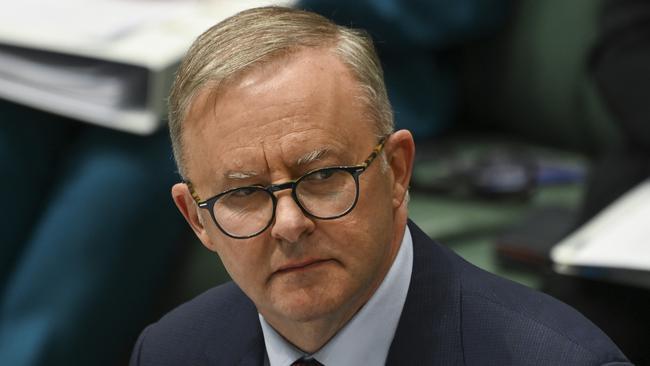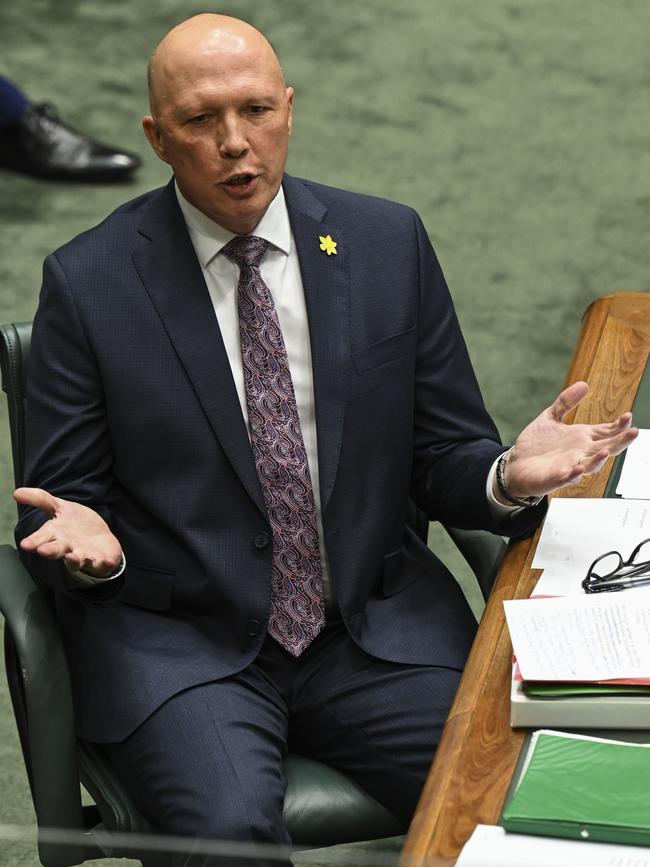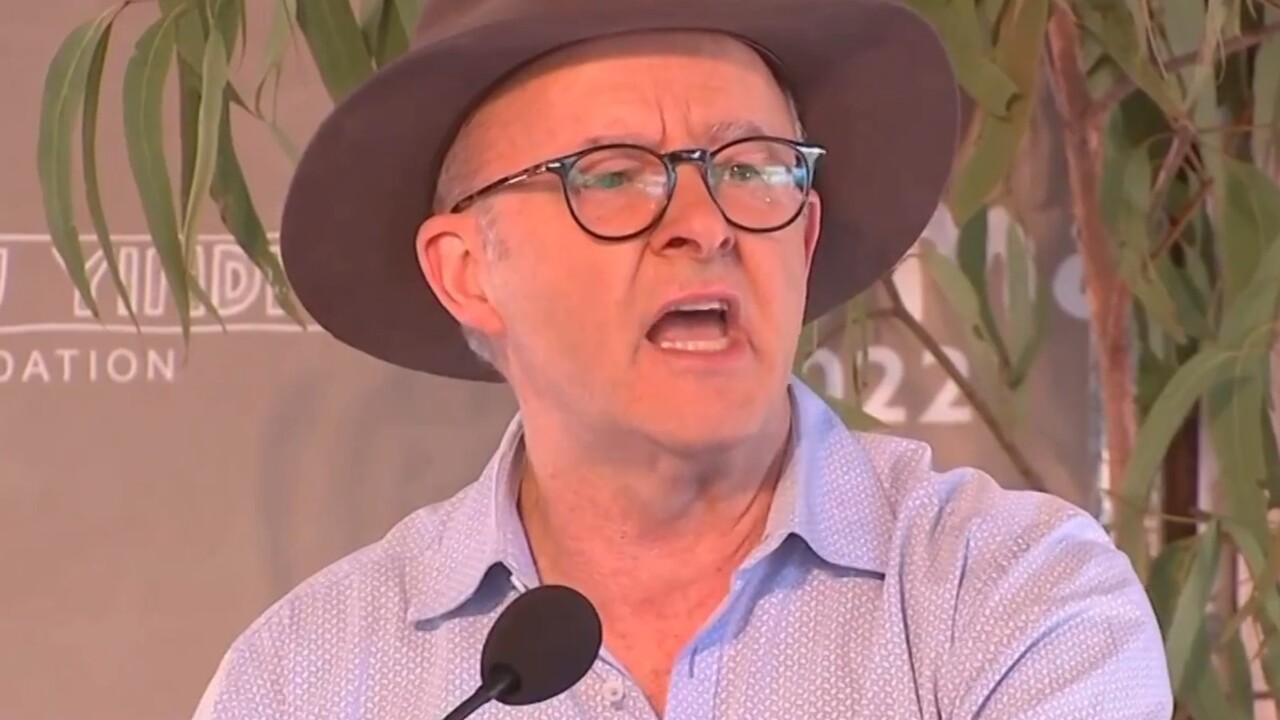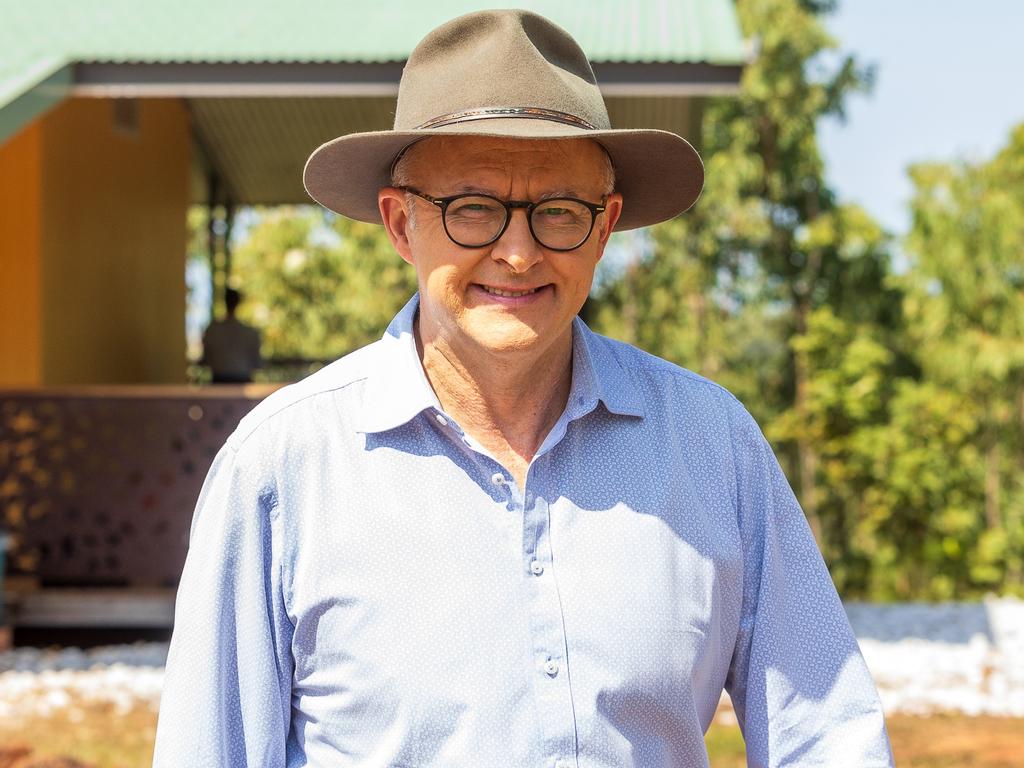Voters reward Albanese’s smooth start
Anthony Albanese is reaping the electoral benefits of having set low expectations while presiding over a seamless transition to government.

Anthony Albanese is reaping the electoral benefits of having set low expectations while presiding over a seamless transition to government.
He has learned the lessons of Labor history, resisted the urge for policy revolution, and has set about delivering what he promised to do with a clear two term political strategy in mind.
Despite the arrival of a new economic crisis, voters have rewarded him for a disciplined delivery of government so far. There have been no surprises.
The first Newspoll conducted since the May 21 election confirms that there is no evidence of buyer’s remorse with the election of an Albanese government.
On the contrary, the new Labor prime minister is basking in post-election satisfaction ratings that no other recent incoming prime minister has enjoyed.
It is not surprising that a new government, after almost a decade in Opposition, would revel in a post-election honeymoon.

But a satisfaction rating of 61 per cent for the new prime minister confirms that voters have embraced the change of leader.
This is a higher satisfaction rating than that which Kevin Rudd commanded in the first poll conducted two months after his November 2007 election victory.
Rudd would rightly argue that he also had a lower dissatisfaction rating coming into office, giving him a better net approval rating, but beyond this, Albanese’s first two months in the job compares more favourably than most since this measure was first taken 37 years ago.
Albanese’s net approval rating of plus 35 is significantly higher than the last change of party to government in 2013 when Tony Abbott took office with approval of plus 13. It is higher than John Howard’s victory over Paul Keating in 1996 – plus 33.
Only Rudd – on plus 48 – had better net numbers as a prime minister leading a party back into government.
Albanese acknowledges how that turned out.
Set against the curve balls that have been thrown at him in the two short months of his government – an energy crisis and a cost of living crisis – the first Newspoll of the new government is a significant endorsement of Albanese as prime minister.
It proves that Albanese’s initial political strategy so far is sound. His early foreign policy approach reassured voters that actions on national security would match the rhetoric of the campaign.
The opportunity that multiple international events afforded Albanese to present himself early on as a Prime Minister of stature on a world stage cannot be underestimated.
He will be confident that he now has the political capital his government will require to navigate the nation through what Treasurer Jim Chalmers has described as a once-in-a-generation inflation crisis.
The caveat is that while Labor’s primary vote has lifted significantly since the election – to 37 per cent – it was an election it won on a historically low primary vote of 32.6 per cent.
This is where the Newspoll offers a glimmer of hope for the Dutton-led Coalition.
The election of the Albanese government has not changed the broader fundamentals of the
‘new politics’.

The combined party vote for the two major parties is still only 70 per cent. The support for the minor parties and independents remains at historical highs and largely unchanged from the election result.
This also has serious implications for the upcoming state elections in Victoria and NSW.
Nor has the transition to Opposition for the Coalition been as brutal as it was in 2007, electorally speaking.
The two-party preferred vote in the first poll of January 2008 – two months after the election – had Labor 58/42 ahead of the Coalition.
That lead stretched to 63/37 not long afterwards.
Yet from that low base – and despite the initial internal collapse and the leadership crisis that resulted in a conservative in Abbott emerging as leader – it went on to almost win an election two-and-a-half years later.
Peter Dutton starts his career as Opposition leader 56/44 behind on two-party preferred with a primary vote of 33 per cent compared to Labor’s 37 per cent.
His satisfaction rating of minus 4 isn’t a bad first outing for him either. It’s a higher approval rating than either Albanese or Morrison had going into the election.
The latest Newspoll suggests that Albanese is carrying the Labor Party in the post-election honeymoon. That’s to be expected.
The other way to look at it is, if the new electoral reality continues, based on a 32.6 per cent primary vote being enough to win Labor an election, 37 per cent would represent an absolute landslide.





To join the conversation, please log in. Don't have an account? Register
Join the conversation, you are commenting as Logout